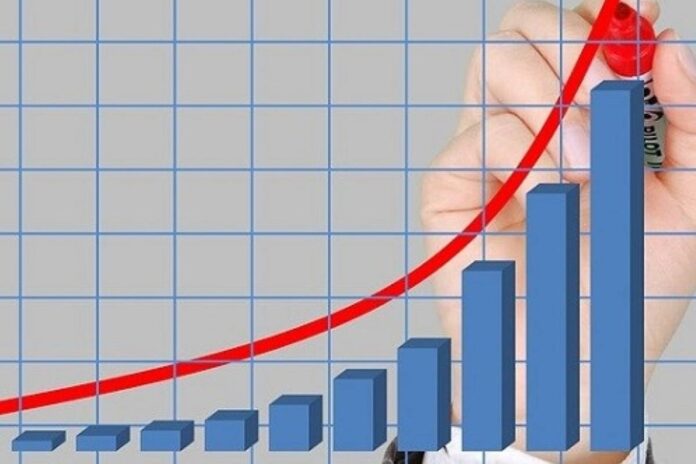The inflation index, a crucial indicator measuring the movement and development of prices of goods and services, plays a significant role in various economic and political decisions. Key decisions, such as adjusting salaries, interest rates, government spending, and subsidies, are often influenced by the inflation index.
Several experts and economists emphasize that the economic policies of the state heavily rely on accurate statistics and data. However, according to some sources the inflation index in Kuwait does not reflect real inflation,” reports Al-Qabas daily quoting sources.
Additionally, it affects people’s purchasing behavior, especially for durable products, due to concerns about potential future price increases.
Addressing the inflation crisis necessitates accurate and timely indicators. It is the responsibility of the Central Administration of Statistics to provide precise indicators, explain their calculation, and publish them promptly without delays.
During the COVID-19 pandemic, the Central Administration of Statistics faced notable criticism for halting reports on the inflation index for seven consecutive months, from April 2021 to November 2021, while the world was closely monitoring price changes.
Economists emphasize the need for a comprehensive review of the indicator and its measurement methods to align with the ground reality.
Dr. Abdullah Al-Shami, a Professor of Econometrics, highlighted discrepancies in the statistics, particularly the inflation index’s failure to consider real estate or commodity disparities. He noted that the prices of vehicles and real estate, which have significantly increased, are not adequately reflected in the inflation index.
Al-Shami emphasized the need for professional governance and management in statistics, advocating for a more updated and accurate measurement system. He pointed out that Kuwait is affected by shipping prices, where increases lead to rising goods prices but reductions in shipping costs don’t reflect in price reductions.
Furthermore, Al-Shami stressed that the inflation rate in Kuwait is lower than the real rate, citing examples from Europe and America where inflation rates soared during the pandemic compared to Kuwait’s relatively lower rate.
Faisal Al-Mujil, the head of the Medicine Importers Union, highlighted that the pharmaceutical sector does not experience inflation in pricing.
Medicines are priced and regulated by the Ministry of Health, unaffected by local or global financial and economic changes. The pricing of medicines is controlled by the state, providing stability in their pricing despite external economic factors, he said.

















